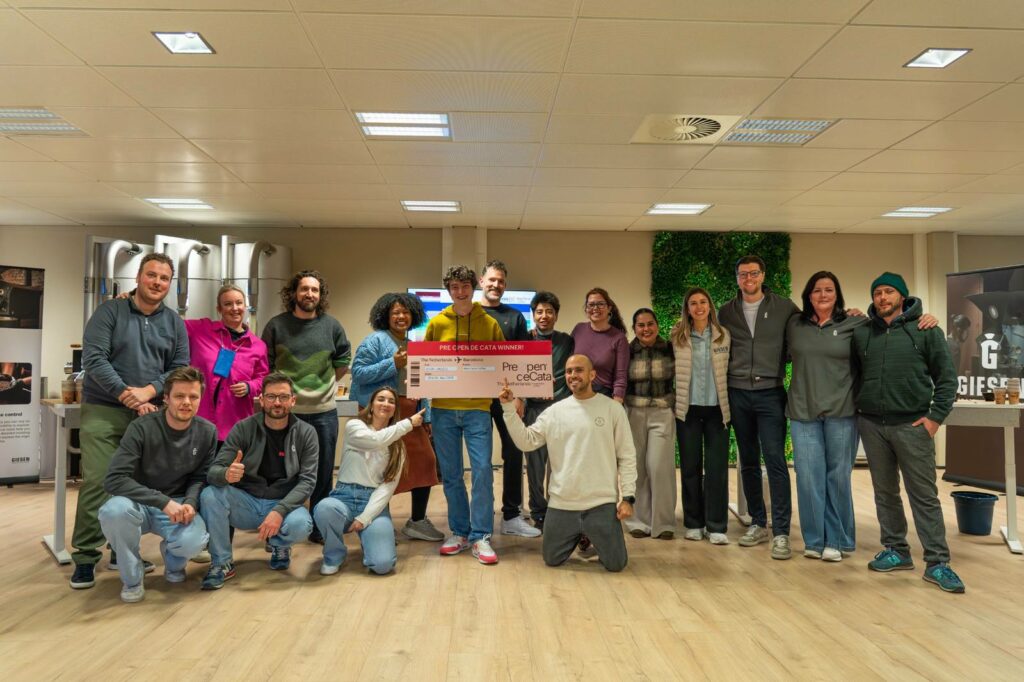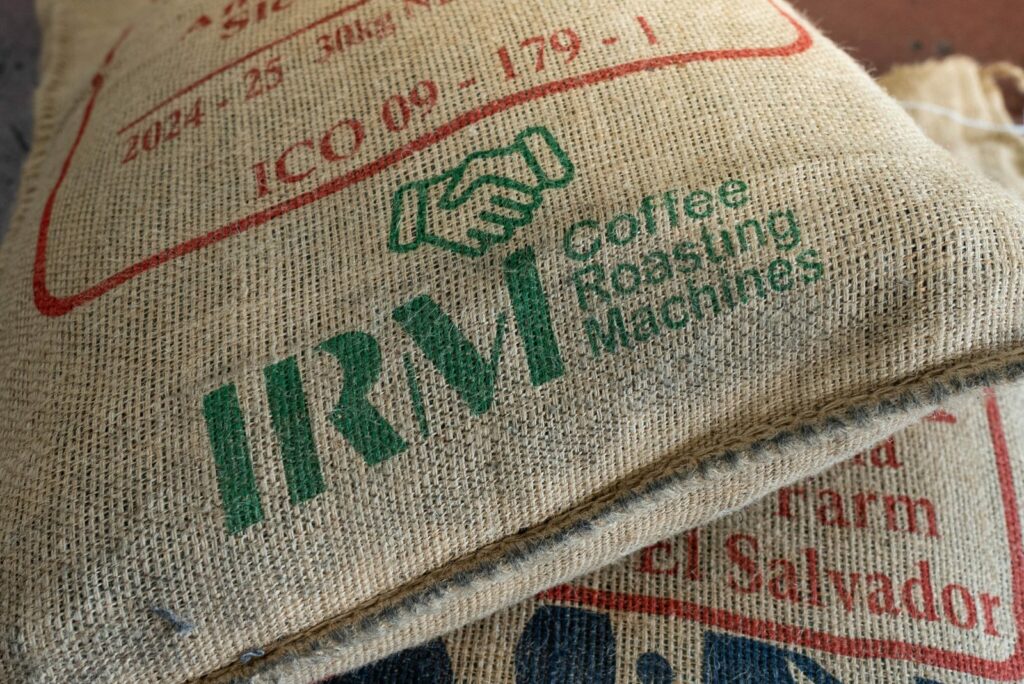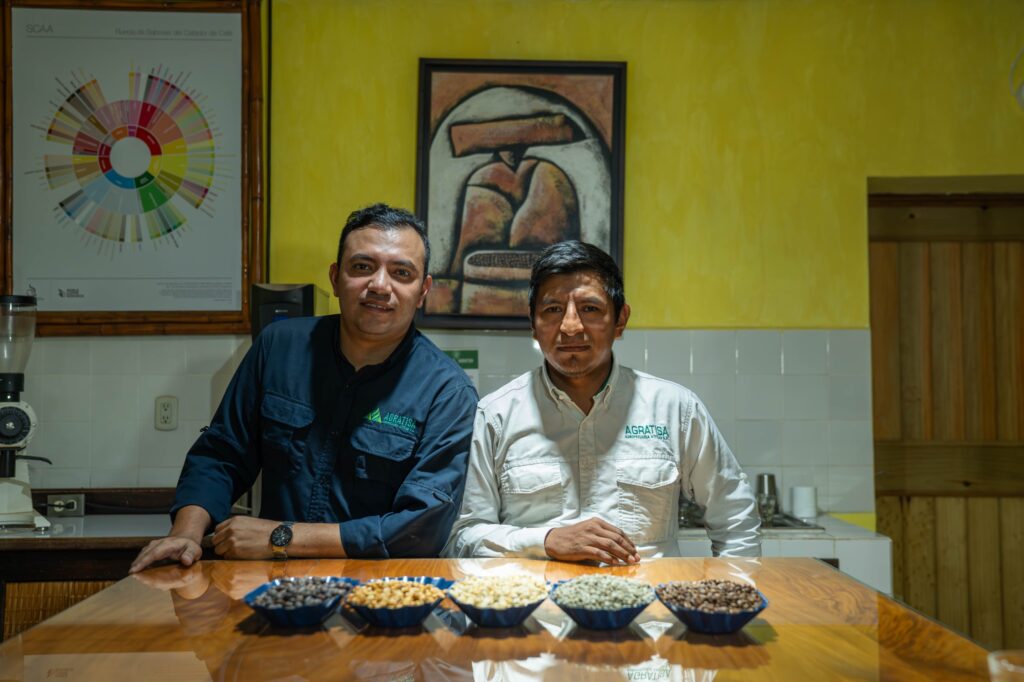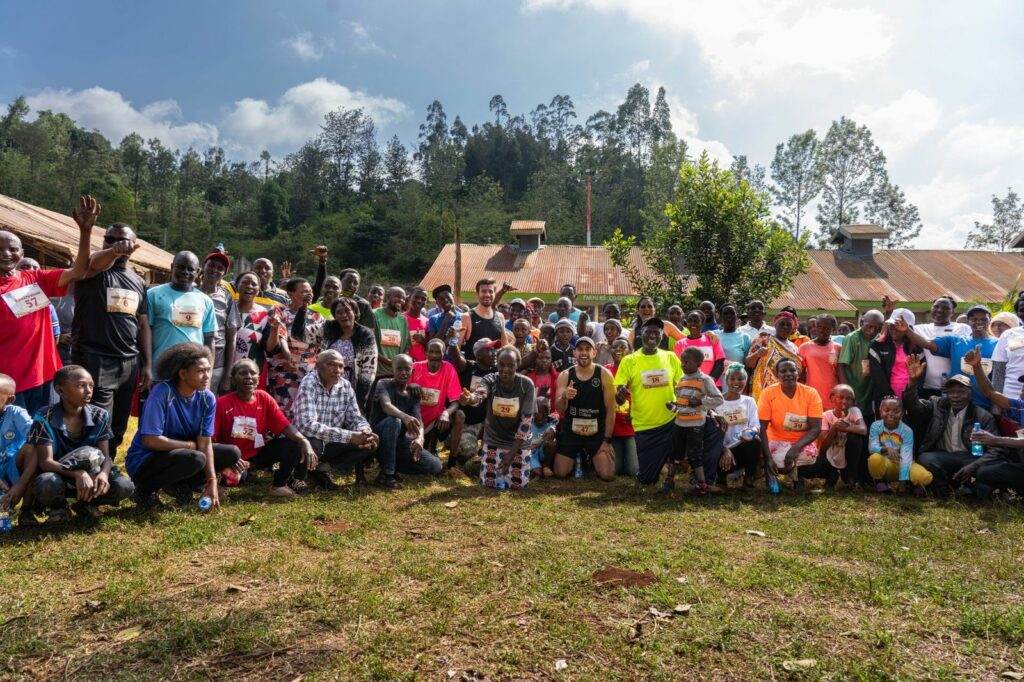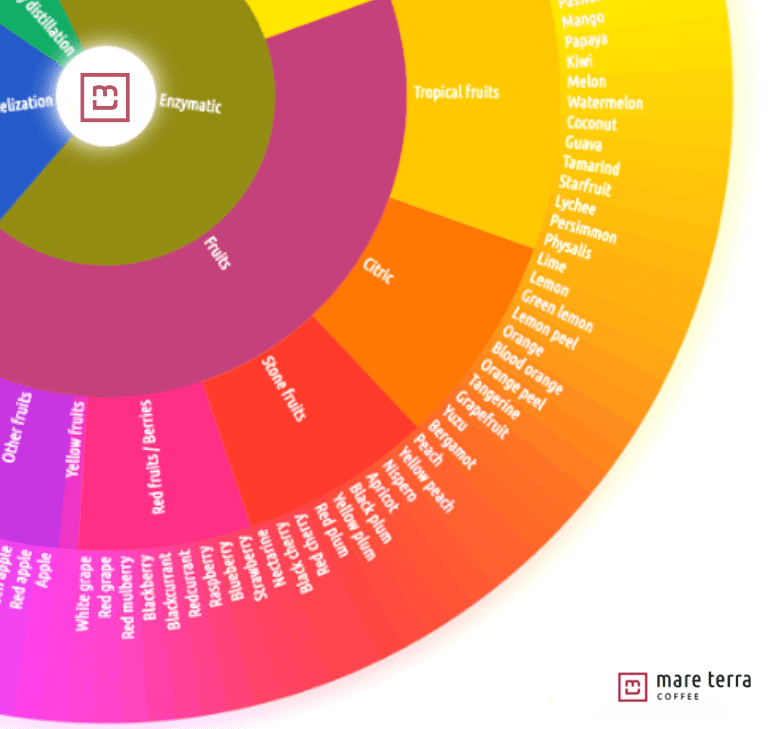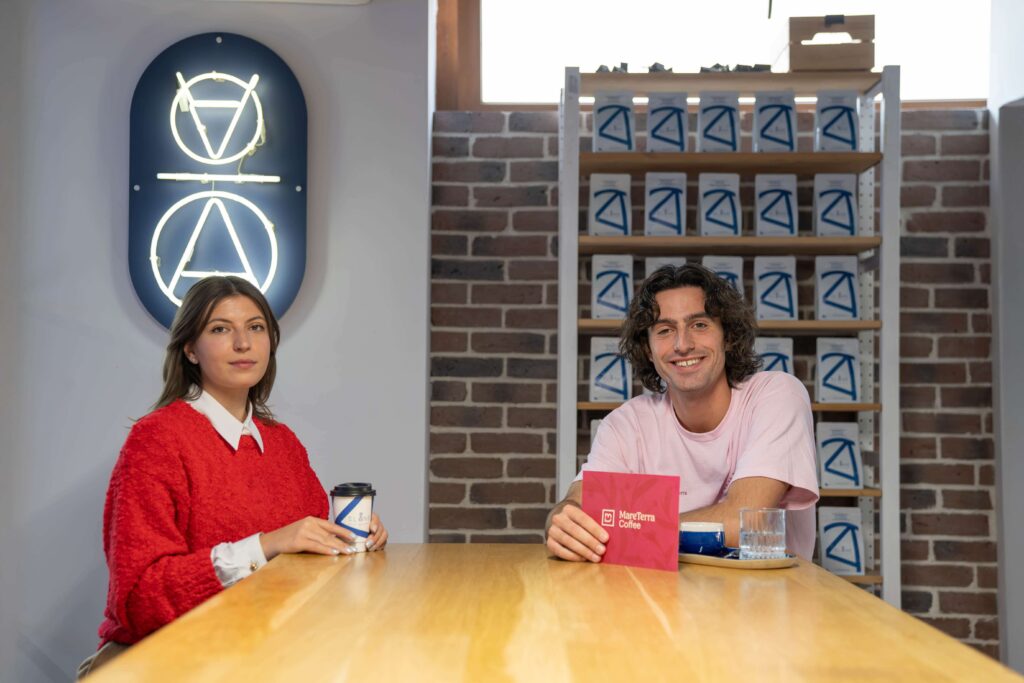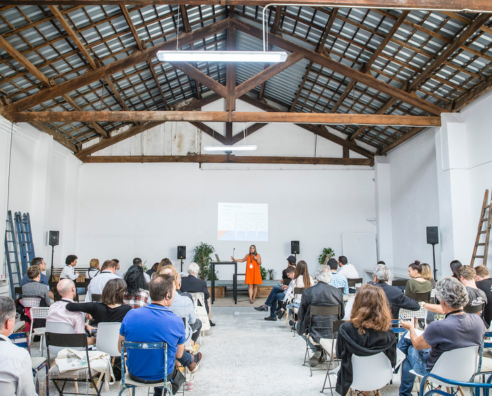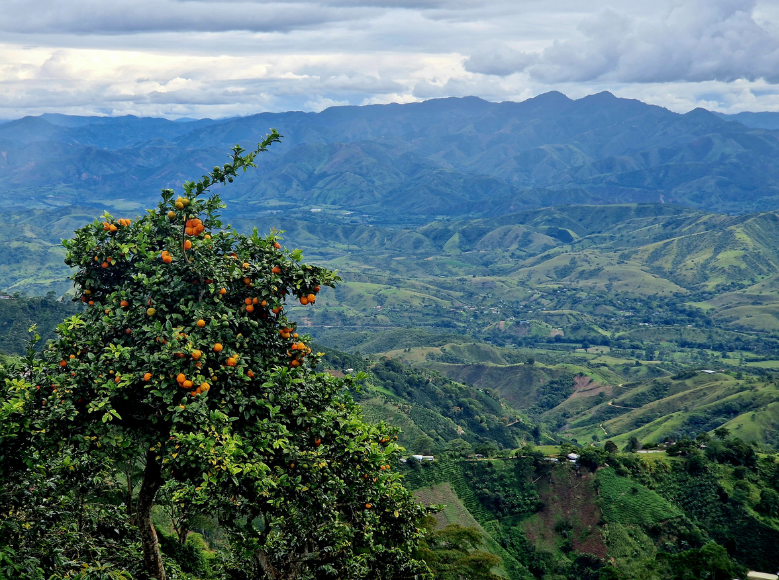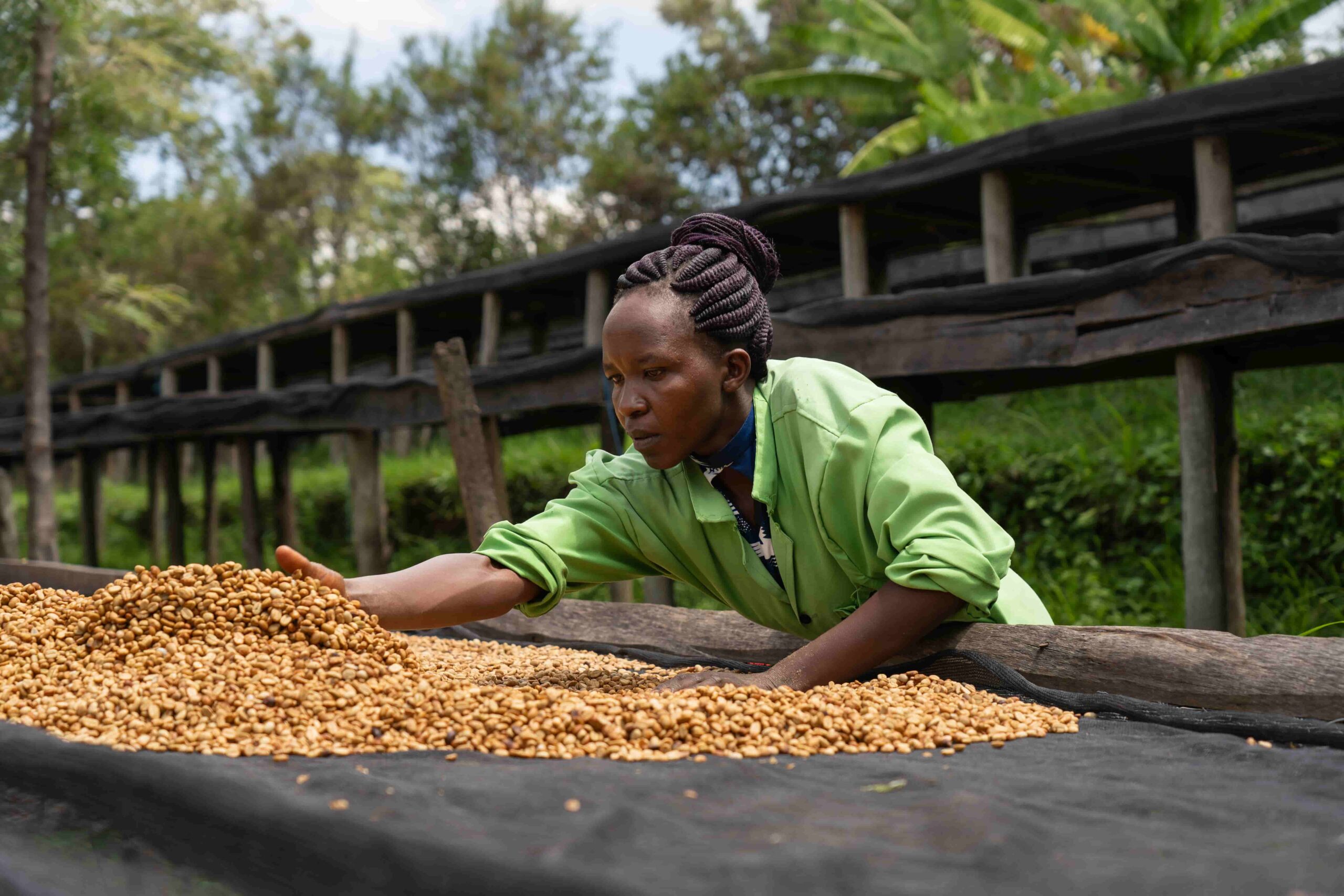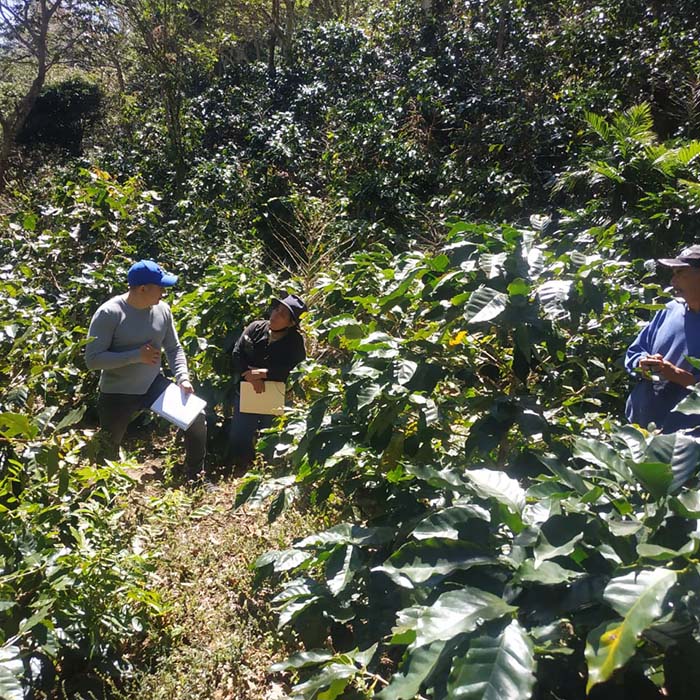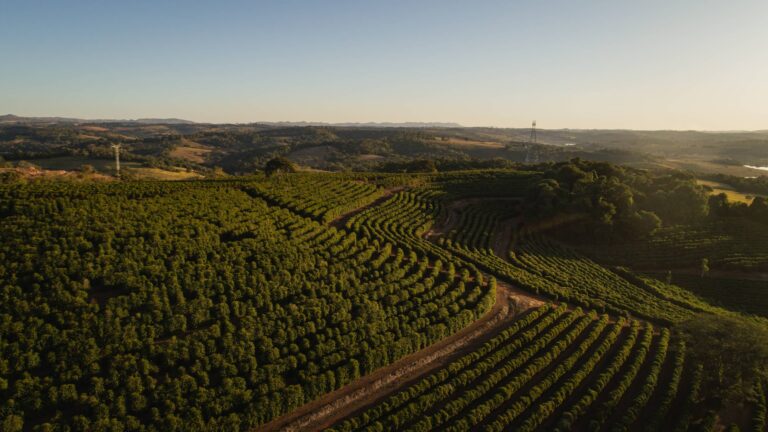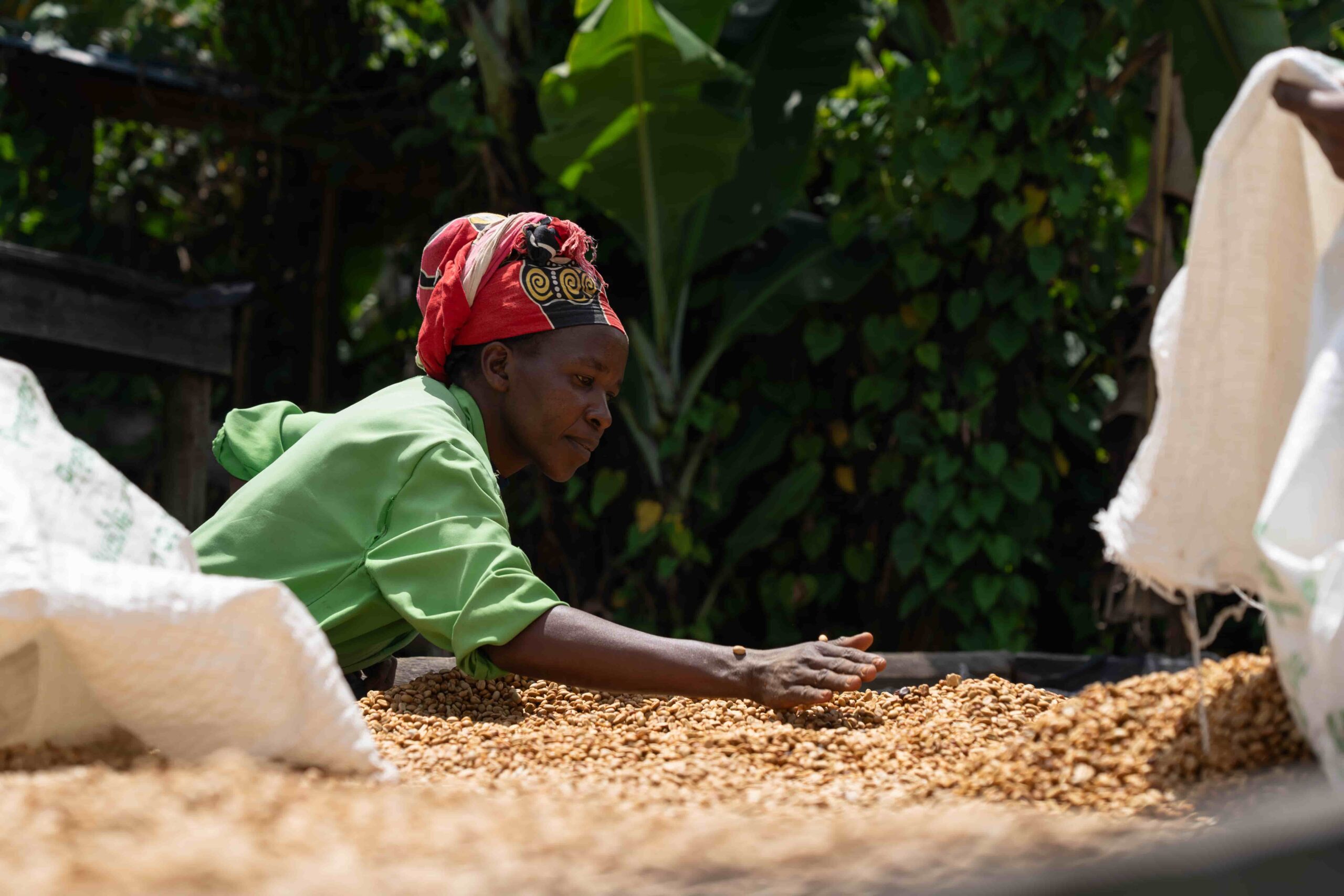Visit of Daterra Coffee
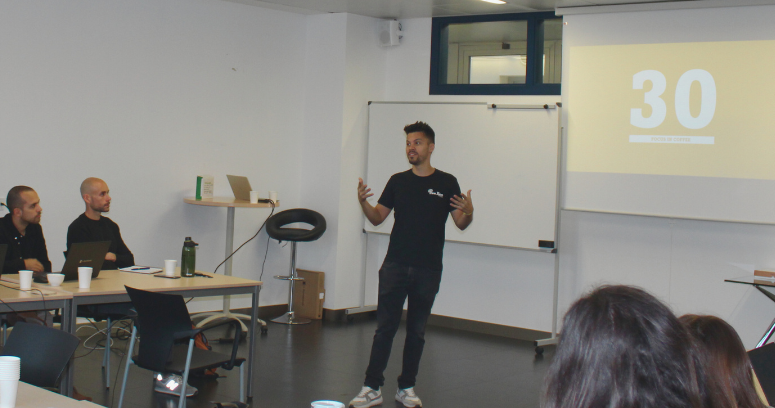
A few days ago we received the visit of Gabriel and Fernanda from Daterra Coffee Team, one of our partners in Brazil with whom we celebrated our 15 years working as partners.
Gabriel and Fernanda visited our offices in Barcelona and presented us how the whole Daterra Coffee project is evolving with a very interesting talk -in which we did not miss the cheese bread for lunch- that brought our whole team closer to know better the DNA of Daterra Coffee and confirmed once again how aligned we are to continue working together.
The beginnings of Daterra Coffee Farm
Most of us who are part of the coffee world know that many farms are passed from producer to producer by inheritance and family tradition, in the coffee industry. The case of Farm Daterra was completely differentLuis Norberto Pascoal, founder and CEO of Daterra Coffee, is an entrepreneurial man who runs several businesses in Brazil and who found in coffee production the perfect combination between producing outstanding quality and developing a truly sustainable product, coffee.
In years 1980s he bought the Boa Vista farm, where he still works today.
These were 30 years focused on research, development, sustainability and new concepts within the world of specialty coffee, years without economic benefits and rejection within a market that was reluctant to change. For many it may have seemed crazy, but today Daterra is not only a coffee farm, but an example of sustainability in Brazil, being the first farm in Brazil to obtain Rainforest Alliance certification.
What is the Daterra Coffee Farm like today?
The years invested in knowledge and development have paid off after 30 years of promoting the sustainability and development of coffee in Brazil. Daterra has implemented a series of actions that have helped them grow as a company, we explain some of them and what they are about:
-They were pioneers in developing a new packaging method: “Penta Box” (vacuum packaging), today they are moving forward by being much more environmentally friendly and completely eliminating aluminum and replacing it with sugar cane plastic with less environmental impact since it can be recycled.
– Storing water is one of the priorities of the Daterra Coffee farm to ensure the future of its operations and ecosystem. Coffee cultivation needs water, and therefore it is necessary to maximize the use of this, in Daterra Coffee have made large investments in irrigation platforms, and have built an irrigation system for the coffee plantations. 5-hectare structure for rainwater harvesting throughout the rainy seasons and have water available for use during the dry season.
– Protecting the springs, Daterra is part of an NGO called Cerrado da Águas, which works in the preservation and recovery of H2O resources in the Cerrado Mineiro region.
-Daterra has become an estate with low CO2 emissions with more than 50% of hectares preserving the environment. In addition, Daterra Coffee will plant 20 million trees in the coffee-growing region of Cerrado Mineiro (and other regions in Brazil) until 2030, through the Project Tree_llion. The planting of trees and forests also helps to attract rain, increasing watersheds, springs that gush forth… Water to grow and cultivate!
–Implementation of solar panels on the Farm for the use of renewable energies and to take advantage of the resources available in the Cerrado Mineiro region.
–Research through numerous studies starting from the genetics of the coffee plant, through studies that cover all stages of the coffee chain.
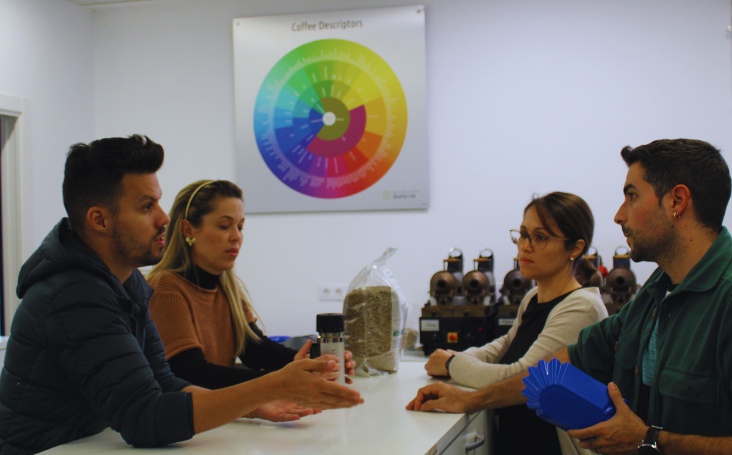
Challenges for the future
In addition to all the projects they collaborate with and develop, Daterra Coffee has new and great challenges for the future, Gabriel and Fernanda told us about them.
– Working on the search for solutions related to climate change, Daterra has initiated a search for varietals with genetics that adapt to new climatic conditions such as drought tolerance and maintain quality.
– To promote and encourage work in the fields among the inhabitants of coffee growing regions.
– To meet the high demand for coffee while maintaining the quality of production.
– Try to sustain inflation in the prices of agricultural materials.
– Continue to promote sustainability by maintaining its certificates on the farm.
This is a brief summary of the visit to Daterra Coffee, where we shared experiences with Gabriel and Fernanada and where we learned about the project and the development of Daterra Coffee.
We look forward to at least another 15 years of working together. We are proud to be part of their projects, to share their work and the respect they always have for the environment by creating sustainable coffee growing.
Thank you Daterra, here’s to many more years!
